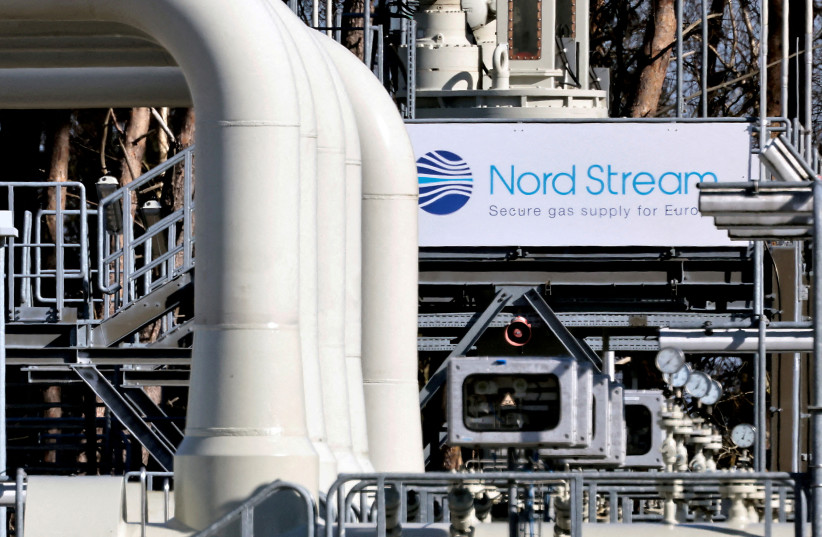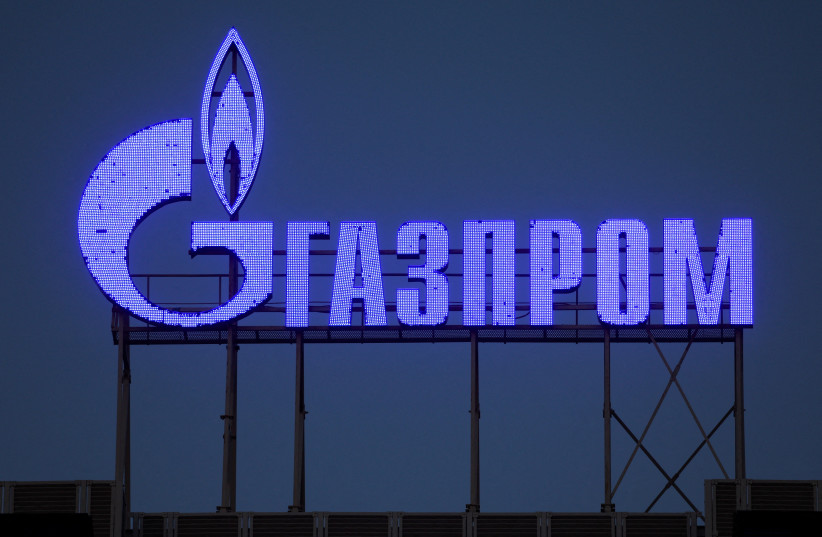The EU, which has imposed sanctions on Russia, aims to stop using Russian fossil fuels by 2027 but wants supplies to continue for now.

Russia’s Gazprom has told customers in Europe it cannot guarantee gas supplies because of ‘extraordinary’ circumstances, according to a letter seen by Reuters, upping the ante in an economic tit-for-tat with the West over Moscow’s invasion of Ukraine.
Dated July 14, the letter from the Russian state gas monopoly, said it was declaring force majeure on supplies, starting from June 14.
Known as an ‘act of God’ clause, force majeure is standard in business contracts and spells out extreme circumstances that excuse a party from their legal obligations.
Gazprom’s GAZP.MM had no immediate comment.
Uniper, Germany’s biggest importer of Russian gas, was among the customers who said they had received a letter, and that it had formally rejected the claim as unjustified.

RWE RWEG.DE, Germany’s largest power producer and another importer of Russian gas, also said it has received a force majeure notice.
“Please understand that we cannot comment on its details or our legal opinion,” the company said.
A trading source, asking not to be identified because of the sensitivity of the issue, said the force majeure concerned supplies through the Nord Stream 1 pipeline, a major supply route to Germany and beyond.
Flows through the pipeline are at zero as the link undergoes annual maintenance that began on July 11 and is meant to conclude on Thursday.
Europe fears Moscow could keep the pipeline mothballed in retaliation for sanctions imposed on Russia over the war in Ukraine, heightening an energy crisis that risks tipping the region in recession.
Turbine delay
Already on June 14, Gazprom had cut the pipeline’s capacity to 40%, citing the delay of a turbine being maintained in Canada by equipment supplier Siemens Energy ENR1n.DE.
Canada sent the turbine for the Nord Stream gas pipeline to Germany by plane on July 17 after repair work had been completed, Kommersant newspaper reported on Monday, citing people familiar with the situation.
Provided there are no problems with logistics and customs, it will take another five to seven days for the turbine to reach Russia, the report said.
Germany’s economy ministry said on Monday it could not provide details of the turbine’s whereabouts.
But a spokesperson for the ministry said it was a replacement part that was meant to be used only from September, meaning its absence could not be the real reason for the fall-off in gas flows prior to the maintenance.
“This sounds like a first hint that the gas supplies via NS1 will possibly not resume after the 10-day maintenance has ended,” said Hans van Cleef, senior energy economist at ABN Amro.
“Depending on what ‘extraordinary’ circumstances have in mind in order to declare the force majeure, and whether these issues are technical or more political, it could mean the next step in escalation between Russia and Europe/Germany,” he added.
Austrian oil and gas group OMV OMVV.VI, however, said on Monday it expected gas deliveries from Russia through the Nord Stream 1 pipeline to resume as planned after the outage.
Russian gas supplies have been declining via major routes for some months, including via Ukraine and Belarus as well as through Nord Stream 1 under the Baltic Sea.
The European Union, which has imposed sanctions on Moscow, aims to stop using Russian fossil fuels by 2027 but wants supplies to continue for now as it develops alternative sources.
For Moscow and for Gazprom, the energy flows are a vital revenue stream when Western sanctions over Russia’s invasion of Ukraine, which the Kremlin terms a “special military operation”, have strained Russian finances.
According to the Russian Finance Ministry, the federal budget received 6.4 trillion roubles ($115.32 billion) from oil and gas sales in the first half of the year. This is compared to planned 9.5 trillion roubles for the whole 2022.
The grace period for payments on two of Gazprom’s international bonds expires on July 19, and if foreign creditors are not paid by then the company will technically be in default.
Content retrieved from: https://www.jpost.com/international/article-712435.